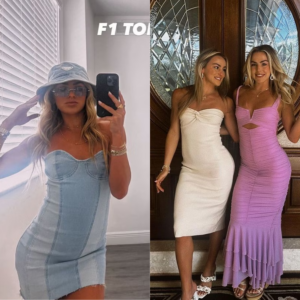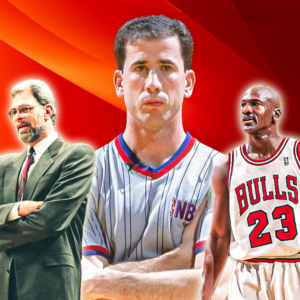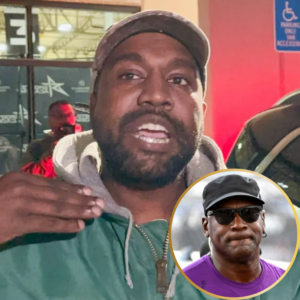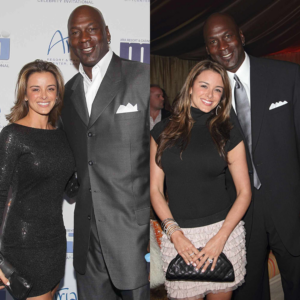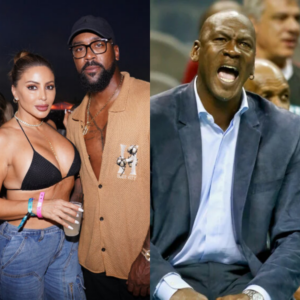OMG😱 Katt Williams proved Eddie Griffin was right all along about ” WEARING DRESS”
Terrence Howard’s recent statements have reignited a heated debate surrounding the depiction of black men in Hollywood, particularly concerning the pressure to don dresses on screen. Howard has spoken out against what he perceives as an agenda within the industry to undermine the masculinity of black men, citing instances where actors were coerced or encouraged to wear dresses for roles. He has questioned the integrity of those who complied with such demands, stressing the importance of maintaining personal boundaries and upholding one’s principles.
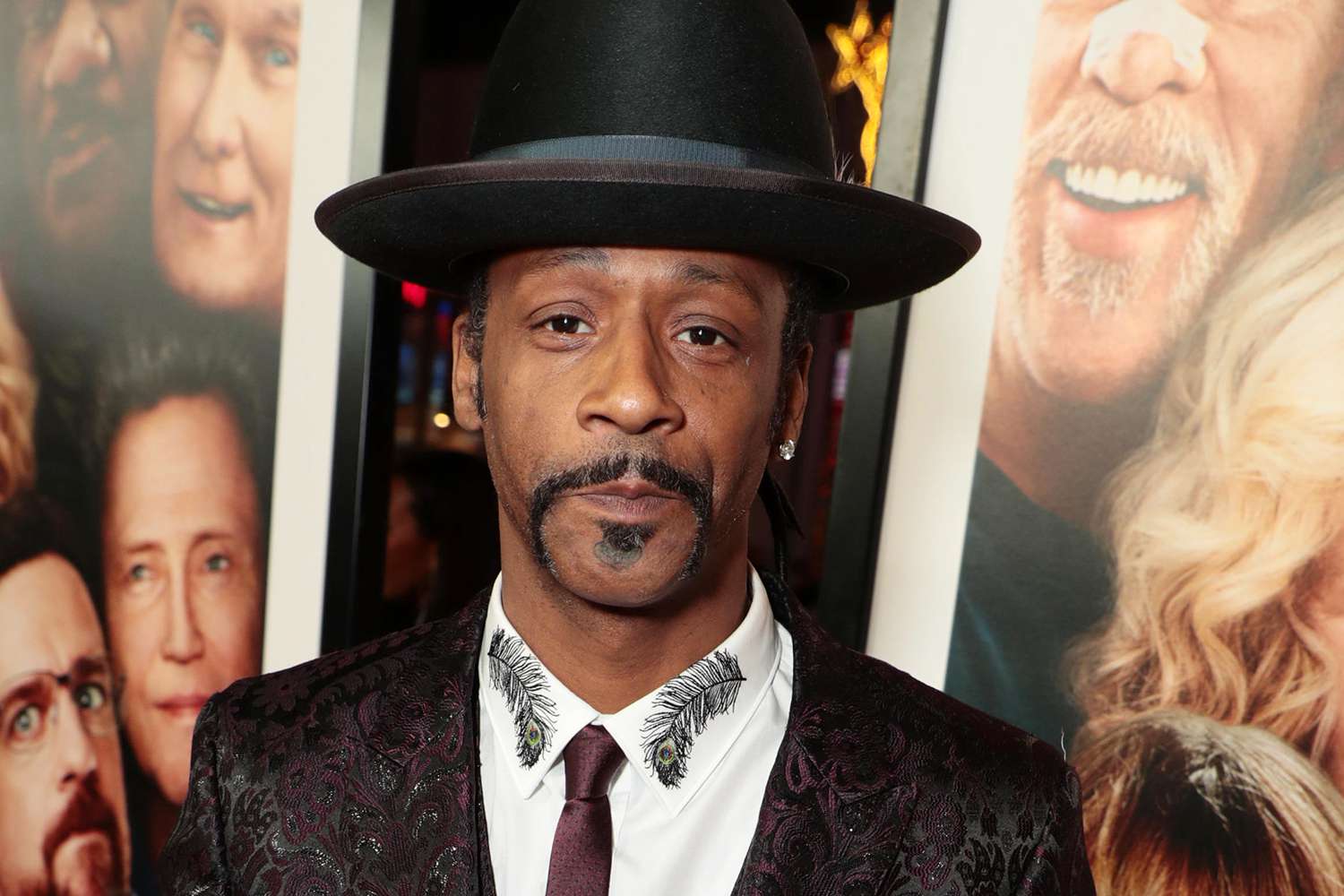
Howard’s remarks echo sentiments expressed by other voices in the entertainment sphere, including comedians like Dave Chappelle and Kat Williams, who have previously criticized this practice. They argue that the expectation for black men to wear dresses perpetuates harmful stereotypes and diminishes their masculinity. Despite facing criticism, Howard and others assert that there is a deeper issue at play—one that extends beyond individual decisions to encompass societal expectations and industry norms.
The controversy surrounding the portrayal of black men in dresses in Hollywood underscores broader conversations about representation, power dynamics, and the influence of financial incentives on decision-making. Some argue that wearing a dress should be viewed as a personal choice unrelated to one’s masculinity or integrity. However, others, like Howard, contend that there exists a systemic problem within the industry that must be addressed to foster more diverse and authentic representations of black masculinity.

Moreover, the experiences shared by comedians such as Kat Williams shed light on the pressures faced by actors to conform to certain standards, even at the expense of their personal convictions. Williams’ refusal to wear a dress despite industry pressure highlights the significance of standing firm in one’s beliefs, even when lucrative opportunities are at stake.
In essence, the debate surrounding the portrayal of black men in dresses in Hollywood serves as a reminder of the intricacies inherent in the entertainment industry and the ongoing quest for genuine representation. As these discussions persist, it is imperative to consider the broader implications of such depictions and strive towards fostering a more inclusive and respectful environment for all actors, irrespective of their race or gender.
News
PHOTO: Hanna Cavinder, worth $924,000 NIL, wears an all-denim ensemble at the Miami Grand Prix in 2024. tt
PHOTO: $924,000 NIL-valued Hanna Cavinder show off an all-denim outfit for Miami Grand Prix 2024 Hanna and Haley Cavinder attended Miami Grand Prix 2024. Hanna Cavinder and…
Luka Doncic’s mother during the Mavericks-Clippers playoff game caught everyone’s attention with her exquisite ensemble. tt
Luka Doncic’s Mom Was Turning Heads With Her Stunning Outfit At Mavericks-Clippers Playoff Game Luka Doncic mother (Photo via Mirjam Poterbin/Instagram) Luka Doncic’s parents, Mirjam Poterbin and…
In an explosive Netflix documentary, Tim Donaghy exposed Michael Jordan, Phil Jackson, and the NBA (VIDEO) tt
Tim Donaghy Exposed The NBA, Phil Jackson, & Michael Jordan During Explosive Netflix Documentary (VIDEO) The name Tim Donaghy will forever be connected to the NBA as some fans…
During a rant, Kanye West shockingly claims that Michael Jordan’s father was “sacrificed” to the Illuminati (VIDEO) tt
Kanye West Makes Shocking Claim That Michael Jordan’s Dad Was ‘Sacrificed’ To The Illuminati During Rant (VIDEO) Kanye West has lost a lot of deals and a ton…
Details Of Michael Jordan’s Prenuptial Agreement With Current Wife Yvette Prietto Are Revealed in a New Report. tt
New Report Uncovers The Details Of Michael Jordan’s Prenup With Current Wife Yvette Prietto After going through a massive divorce in the past, NBA Great Michael Jordan apparently has a prenup…
“I Feel Bad for Michael”: Charles Barkley Gives His Take on Marcus Jordan’s Messy Affair With Larsa Pippen. tt
“I Feel Bad for Michael”: Charles Barkley Gives His Take on Marcus Jordan’s Messy Affair With Larsa Pippen Charles Barkley, Michael Jordan, Larsa Pippen and Marcus Jordan…
End of content
No more pages to load
